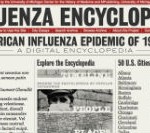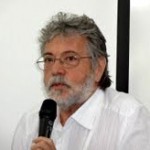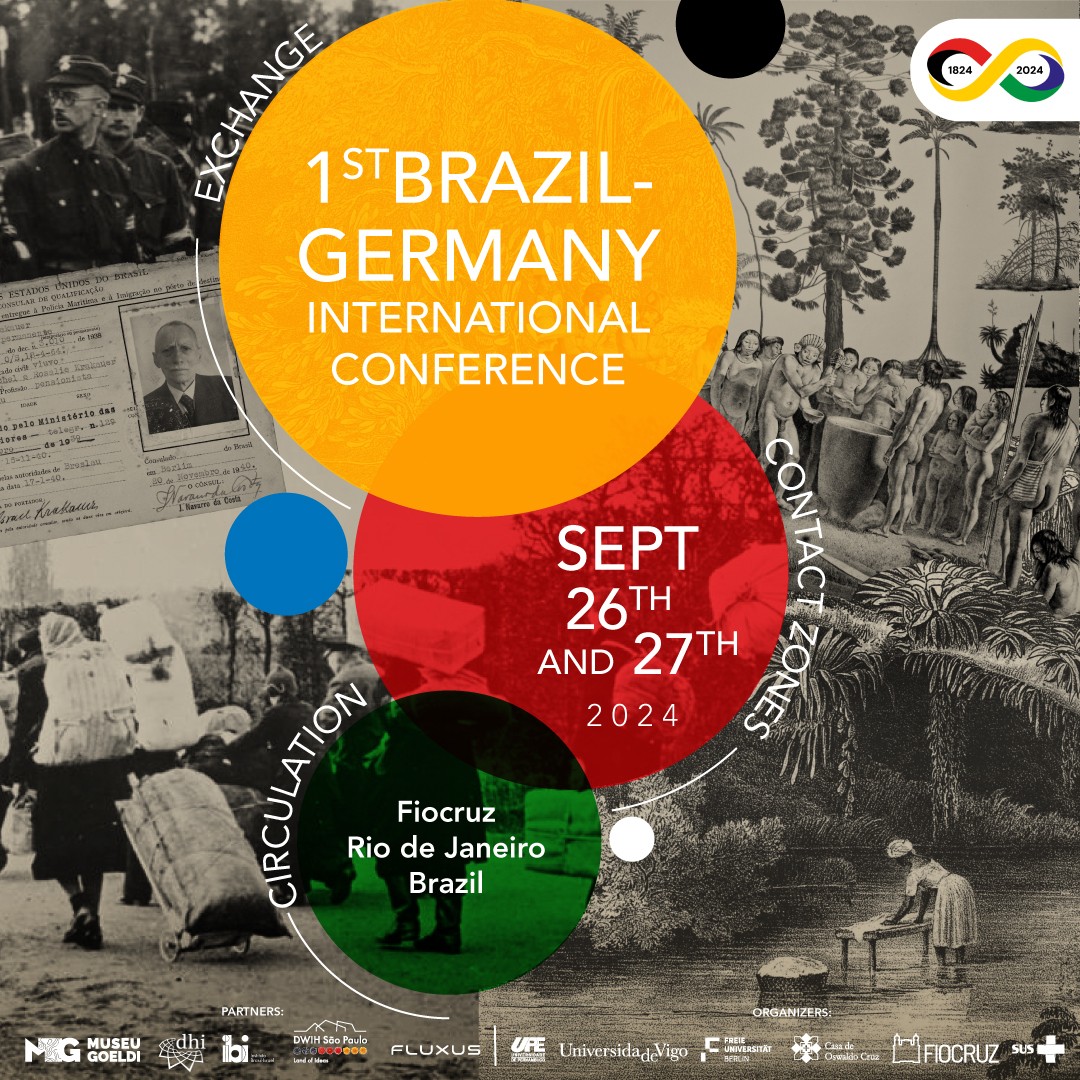Aug 2022
Three years later, in 1975, the civil-military dictatorial government initiated an incentive program for the installation of agrochemical industries in Brazil, thus materializing those ideas in a context of increasing criticism about the use of those substances.
The National Program of Agricultural Defensives (Programa Nacional de Defensivos Agrícolas, PNDA) lasted five years and its objective was to increase agrochemicals production in Brazil and reduce import dependency.
In the article The dictatorship of agrochemicals, Leonardo de Bem Lignani and Júlia Lima Gorges Brandão, PhD candidates at Programa de Pós-graduação em História das Ciências e da Saúde/Casa de Oswaldo Cruz/Fiocruz relate the National Program of Agricultural Defensives (1975-1980) with the developmentalist policies of the Brazilian civil-military dictatorship and the debates on agrochemicals regulation.
Lignani, Leonardo de Bem and Brandão, Júlia Lima Gorges. The dictatorship of agrochemicals: the National Program of Agricultural Defensives and changes in pesticides production and consumption in Brazil, 1975-1985, pp. 337-359.










